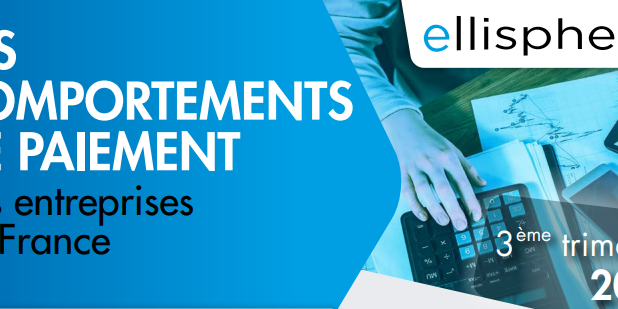The relationship between large-scale distribution and its suppliers (food industry and producers) has always been a source of great tension and regularly placed at the heart of public debate.
Already, in France, during the summer of 1999, the government of the time had encountered important problems to try to contain the crisis between the producers of fruits and vegetables and the big distribution. In this sense, it had imposed, for a short period of time, the double display of prices (of certain fruits and vegetables in supermarkets), thus obliging distributors to make public the purchase prices from producers as well as the selling prices.
In 2014, the Hamon law was enacted. The stated objective of the public authorities was to reinforce the powers of the administration but also to try, once again, to compensate for the omnipresent imbalance within commercial negotiations. If we can reasonably believe that the first objective has been achieved, we can legitimately be more doubtful about the achievement of the second!
In 2018, the Egalim law (which is really called "law for the balance of commercial relations in the agricultural and food sector and a healthy, sustainable and accessible to all") continued the process, with among other objectives to remunerate producers more fairly, and this in order to allow them to live with dignity from their work; while guaranteeing the sanitary, environmental and nutritional quality of food products.
The Senate had then quickly identified the limits of the exercise ... Namely, for example, the threshold of resale at a loss (SRP) takes into account only part of the margins of distributors, the margin before which represents the difference between the net price on the invoice and the selling price to the consumer is not included in its calculation.
Adopted in emergency at the end of 2021, the new law Egalim 2 was also supposed to protect the incomes of producers, especially during the annual negotiations between the food industry and large retailers. However, in the context of soaring prices that we know, large retailers claim to respect the terms of the Egalim 2 law, while claiming, mainly in the media, the argument aimed at defending the end consumer.
And as every year, negotiations are the subject of tensions, often with the justified fear for the consumer of a price increase... Both parties inexorably blame each other for the blockages, as well as for the tariff increases.
Carried out each year between December and March, these negotiations have very concrete effects on the French shopping basket since they set the price of a majority of products sold in large food stores.
This year, the exchanges have been particularly tense. Among the reasons for disagreement: the increase in production costs (raw materials, energy) that most distributors are reluctant to take into account.
Vegetable, meat and egg producers denounce the double game of supermarket chains which, despite promises, impose ever lower prices, according to them.
The tension is also rising between, on the one hand, breeders who are losing money and who regularly denounce a cascading deflation that is imposed on producers in too many sectors, and on the other hand, brands that claim to lower prices in the context of crisis.
Passed somewhat unnoticed because of the hectic news of the pension reform, a bill filed on November 29, 2022 by the deputy Frédéric Descrozaille was enacted on March 30. This law tends, once again, to rebalance the commercial negotiations between the suppliers of the food industry and the large-scale distribution. The latter has strongly contested this text, which also extends two measures of the Equalim law for the benefit of farmers: the supervision of promotions and the threshold of resale at a loss of 10% of food products. In addition, it is specified that a supplier will be able to stop deliveries to any retailer, if negotiations on prices fail. This was not the case before.
In this context of price wars and press releases, how can we not also mention the two projects of Casino and Intermarché...
In February, Casino announced negotiations with Teract, a company that owns garden centers and bakeries and is a subsidiary of InVivo, about a potential merger. The objective would be to create two distinct companies, the first one on distribution, the second one dedicated to supply, in order to constitute a "French leader in responsible and sustainable distribution".
The third largest retailer in France, the group of independent stores Les Mousquetaires (Intermarché), has announced that it is also participating in these discussions.
In the end, the current discussions with Teract for a potential rapprochement would favor fruit and vegetables in short circuits. These exchanges, if they succeed, would thus avoid Casino or Intermarché from the kind of delicate negotiations we have been experiencing for years.
To date, inflation continues, the Government intends to continue its pressure on distributors but also on manufacturers. New round tomorrow at Bercy with the major retailers.
Proposed law against inflation➡️ "There will be less aggressive promotion", but "they will be better distributed", defends Frédéric Descrozaille, MP (Renaissance) of Val-de-Marne.
- franceinfo (@franceinfo) February 26, 2023
Follow our live 👉 https://t.co/cEwi3c61QM pic.twitter.com/irNnEVOERE



